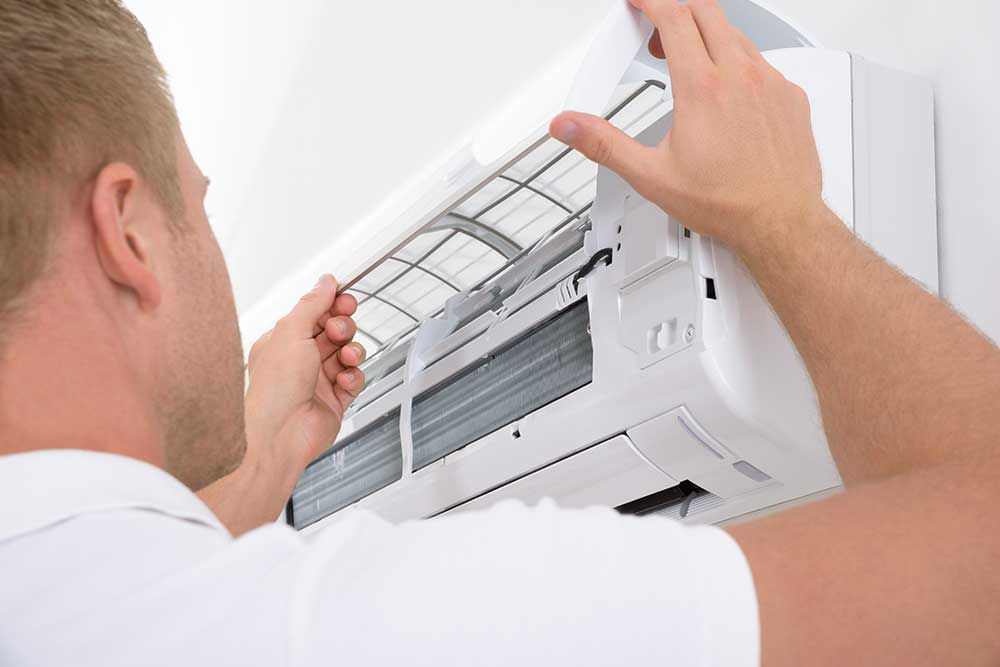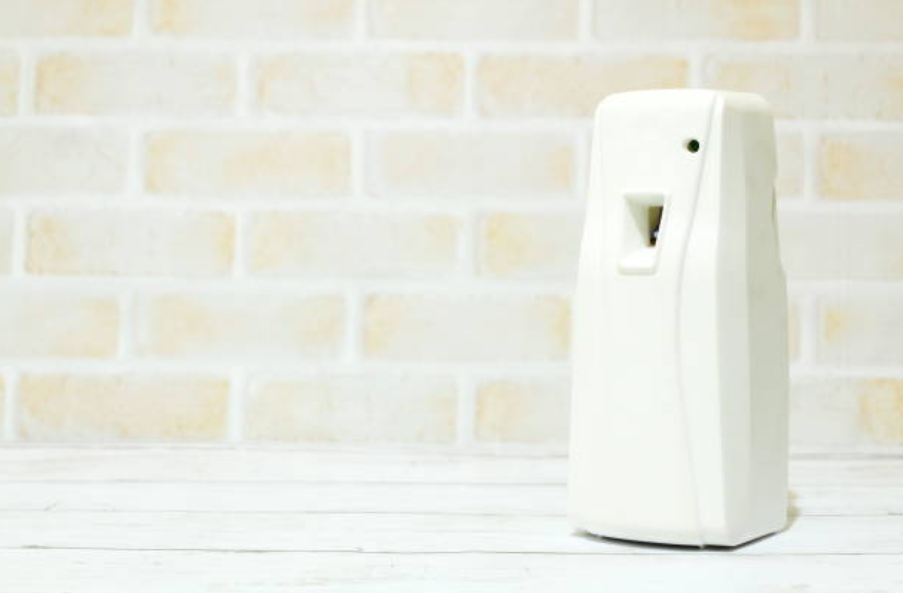Blog
5 Reasons Your Air Conditioner Isn’t Cooling

No homeowner wants their air conditioning to stop working, especially on a scorching 95-degree day. During the hot summer, if your home isn't cooling as it should, you might think it's time for a new AC unit.
But don't worry just yet. There could be various reasons for the reduced cooling, and not all of them mean you have to replace the whole system or call an HVAC professional right away. In fact, some problems may only require regular maintenance or a small fix to bring your cool air back.
Therefore, before taking any drastic measures, conduct a thorough inspection of your AC unit and note any damage or weak points within your system. It's important to explore these basic reasons why your air conditioning isn’t cooling properly before assuming the worst. This approach can save you both time and money, ensuring indoor comfort without unnecessary expenses.
1. Clogged Air Filters
At times, a blocked air filter is the sole reason your air conditioner isn’t working as it should. To ensure your AC unit is functioning efficiently, it’s crucial that you replace the air filters regularly. The U.S. Department of Energy advises that the best way to maintain your air conditioner is by replacing the air filters every three to four months. However, depending on the size of your unit and how frequently you use your system, this timeframe may need to be shifted.
Take a moment to inspect your air filter. If it appears dirty or clogged, it's time to swap it out for a new one. The expense is minimal, as filters are fairly inexpensive. You'll likely be amazed at the impact this small change can have.
Enhance your AC's performance by maintaining a clean filter, and you'll enjoy cooler and cleaner air while potentially saving on energy bills.
2. Malfunctioning Thermostat
One of the most common reasons as to why an air conditioner is malfunctioning is a faulty thermostat. Moreover, if you notice a blinking light on your thermostat, this may be an indication that the battery may be low or dead and needs to be replaced. Low batteries on a thermostat can affect an air conditioner and not accurately keep the desired temperature. Changing the battery can make the unit run as intended.
In some cases, you may need to replace the entire thermostat. While this might involve a higher cost than just changing batteries, it's notably more budget-friendly than investing in an entirely new air conditioning unit.
3. Vent and Duct Obstructions
If there are obstructions in your vents, this can block adequate airflow throughout your home and hinder the AC system from keeping up. Make sure to inspect the vents around the outside AC unit. If you find any blockages, such as leaves or dirt, or if the unit remains covered by a tarp from the winter, this might be causing poor airflow.
It’s crucial to maintain a clear space of several feet between your air conditioner and plants, decking materials, hoses, and pets. These objects can obstruct the proper functioning of the unit and diminish its efficiency.
In addition, if there is any obstruction in your home’s ductwork, this can affect the efficiency of your AC unit. Air ducts are sometimes incorrectly installed when a home is built or when an addition is added. They can also become dirty over time from lack of proper duct cleaning, potentially creating blockages and causing temperature differences from room to room.
A trained technician can check your ductwork and vents to ensure adequate clearance, enhancing the performance and longevity of your air conditioning system.
4. Noises from the Outdoor Unit
You can easily determine the operational status of the blowers in your air conditioning unit by simply listening to it. Take a moment to listen to the sound of fans running. However, if the fans aren’t running, this isn’t a reason to immediately assume that you need to replace the entire unit.
Instead, reach out to a skilled air conditioner technician who can inspect your unit and find the cause of the problem. Once they know what they are dealing with, they can provide you with a plan on how to address the issue and how much the repairs will cost.
5. Inadequate Insulation
If your AC unit seems to be functioning properly, but your home is still significantly warmer than your thermostat setting, it's possible that you have insufficient insulation or inadequate windows.
One of the clearest indicators of inadequate insulation is when the air escapes your home and doesn’t cool down your home during the summer. Calling a trained AC technician is the best course of action for this issues, as they can determine whether insulation needs to be replaced or if there are other reasons that the cooled air isn’t staying in your home.
Don’t assume your air conditioner needs to be replaced just because it is showing signs of wear and tear. Instead, consult with a knowledgeable team of professionals when you need help with your cooling needs.
At Home Comfort Experts, our skilled technicians can do an energy audit of your home and determine the best course of action for your AC system. Contact us today by calling (574) 319-9247 to schedule an appointment with us.






